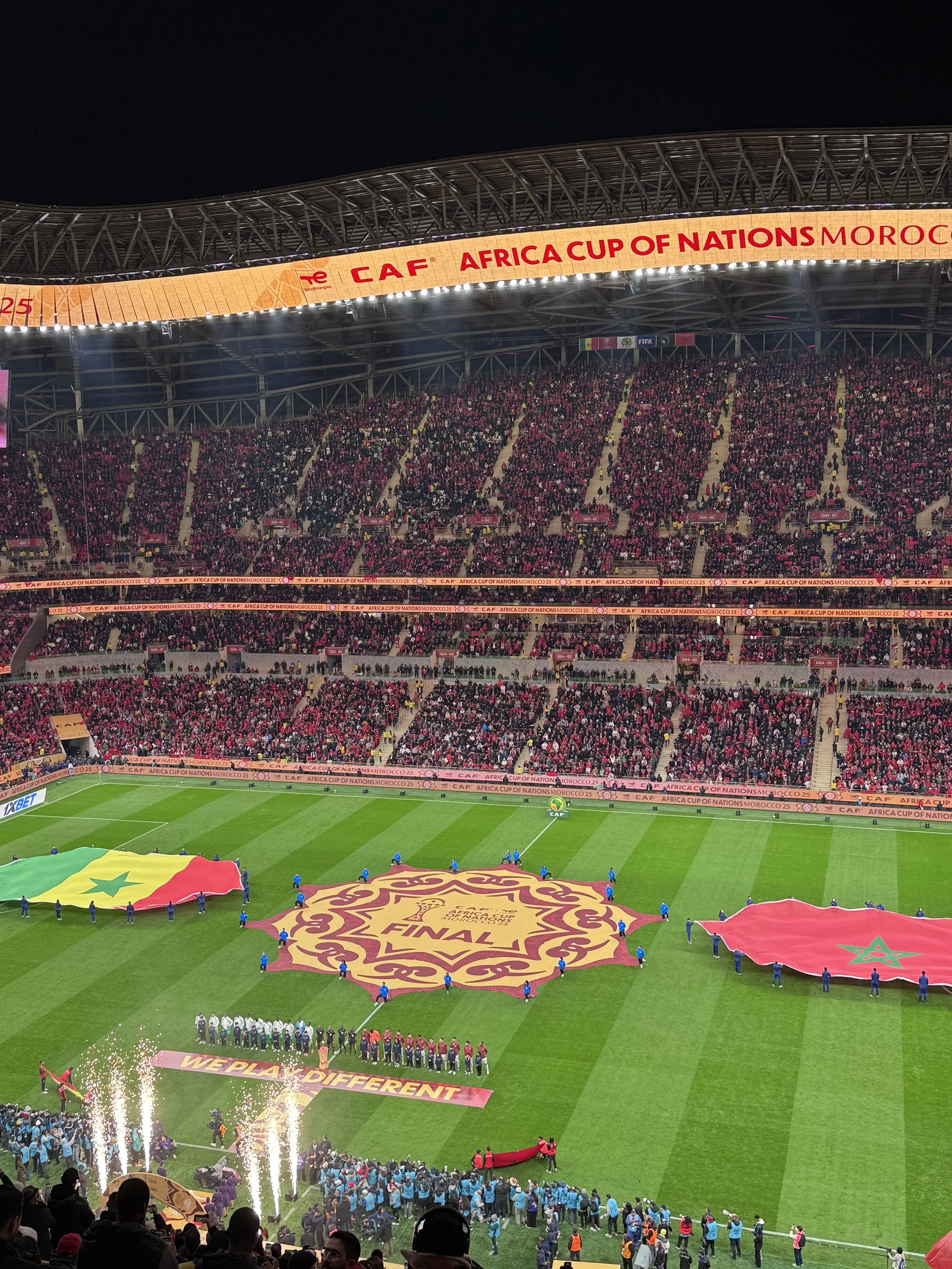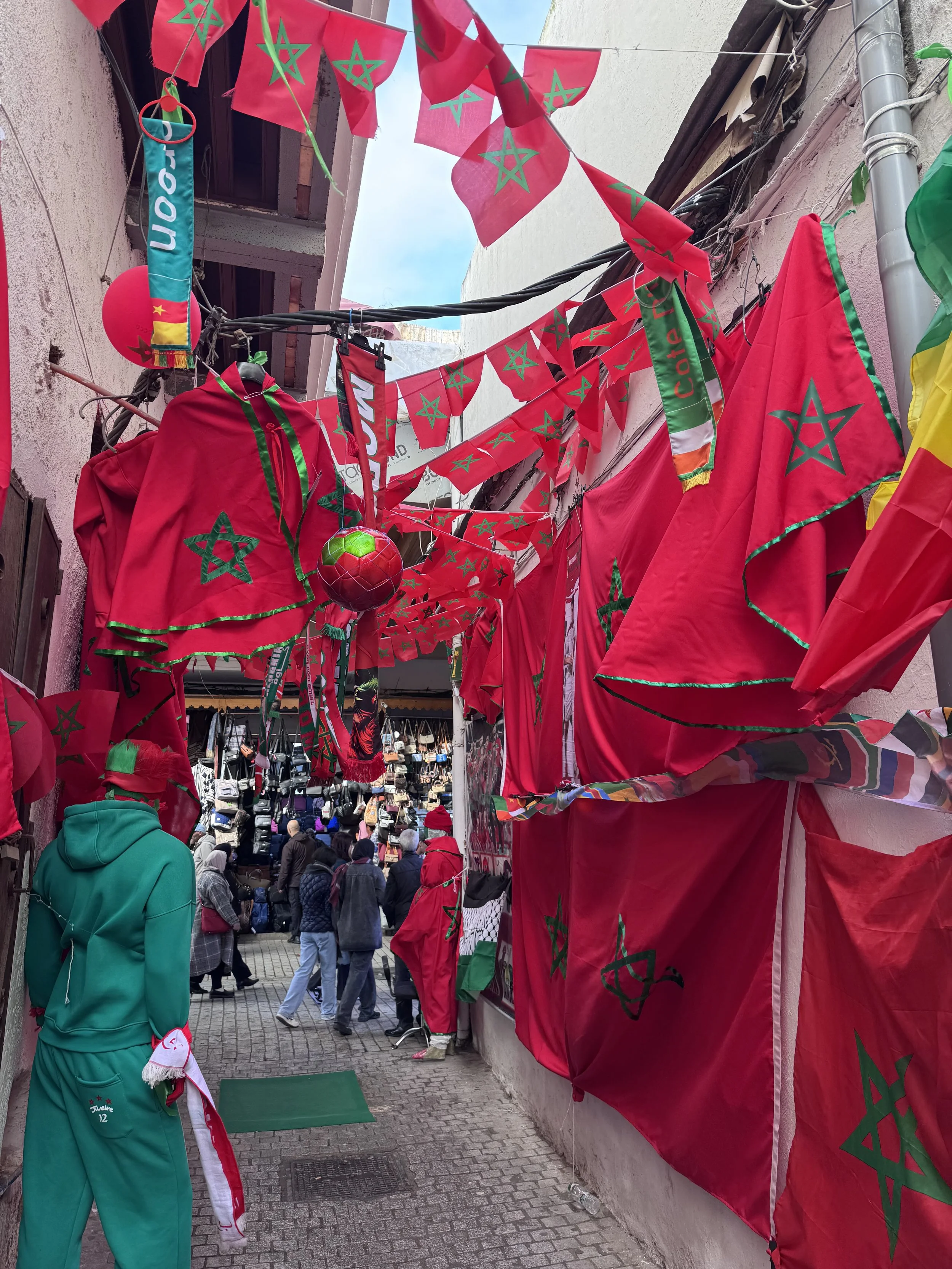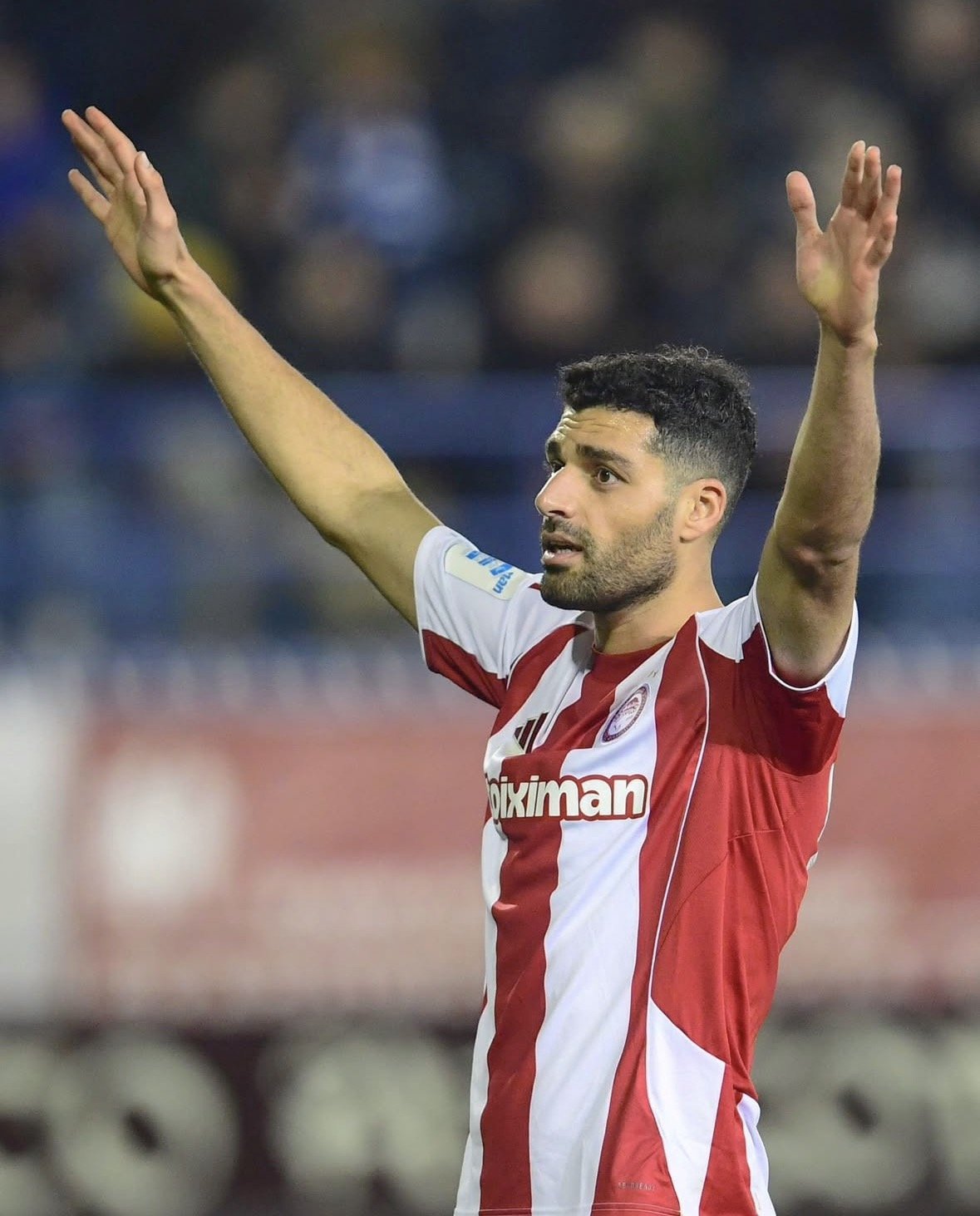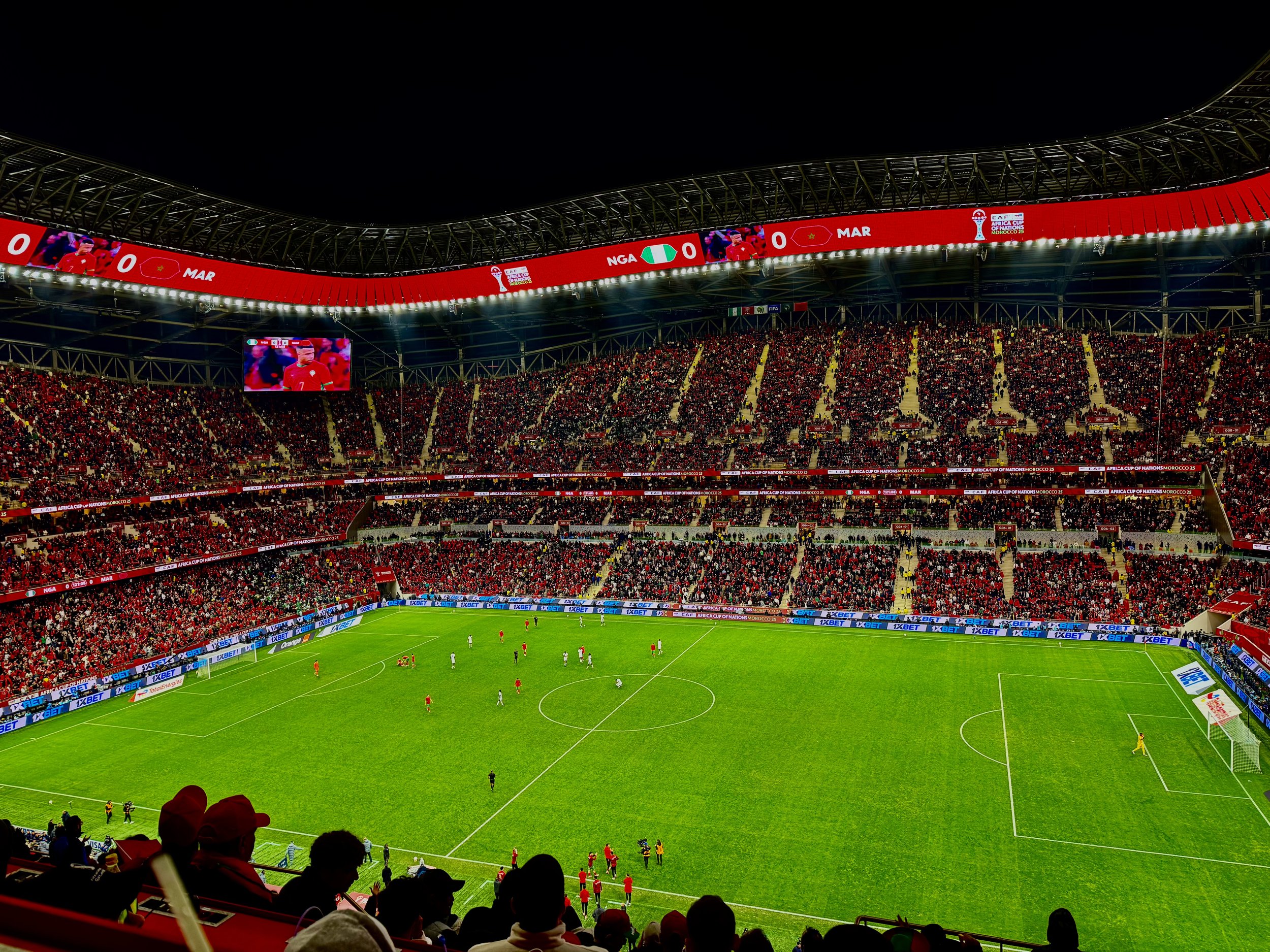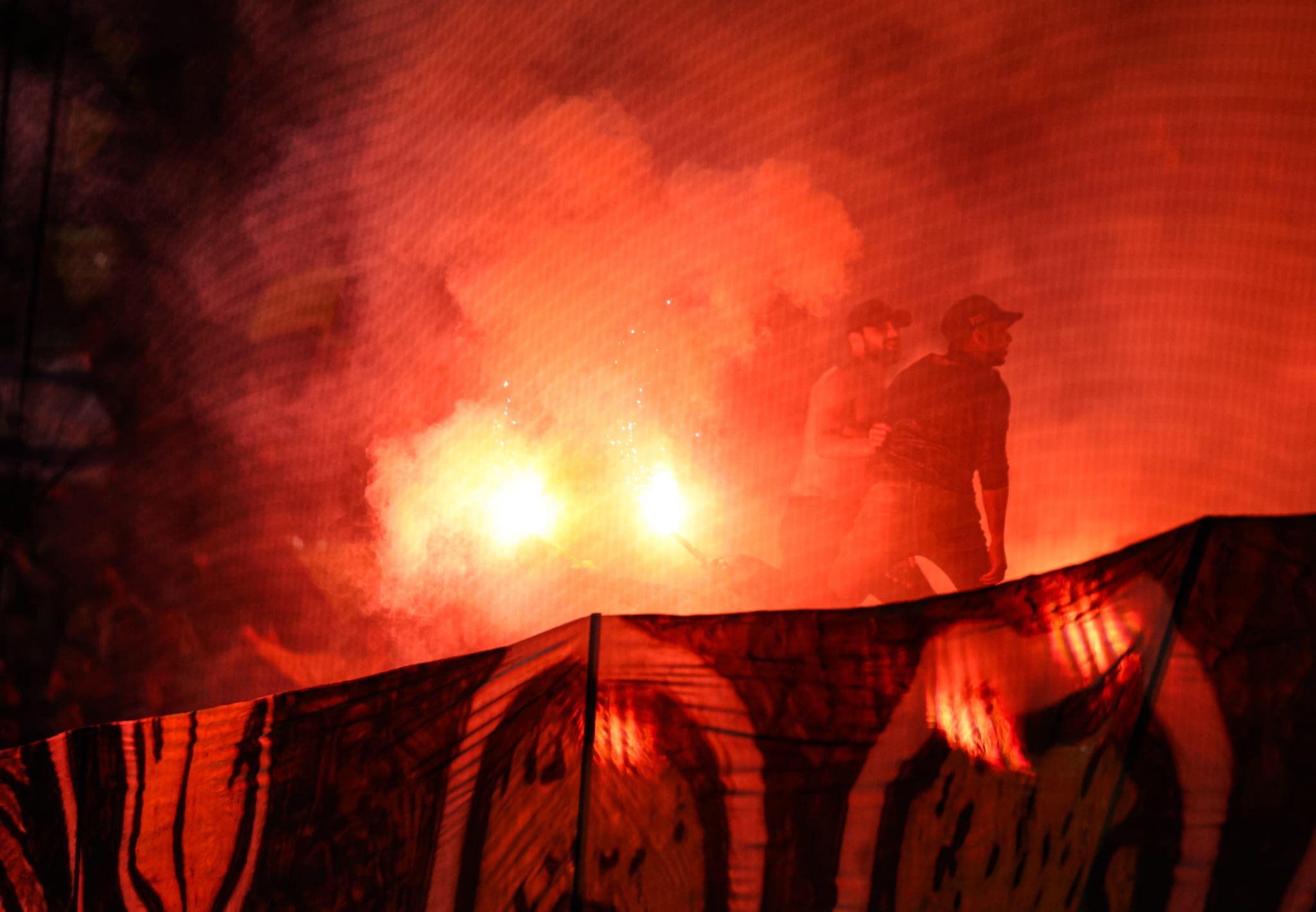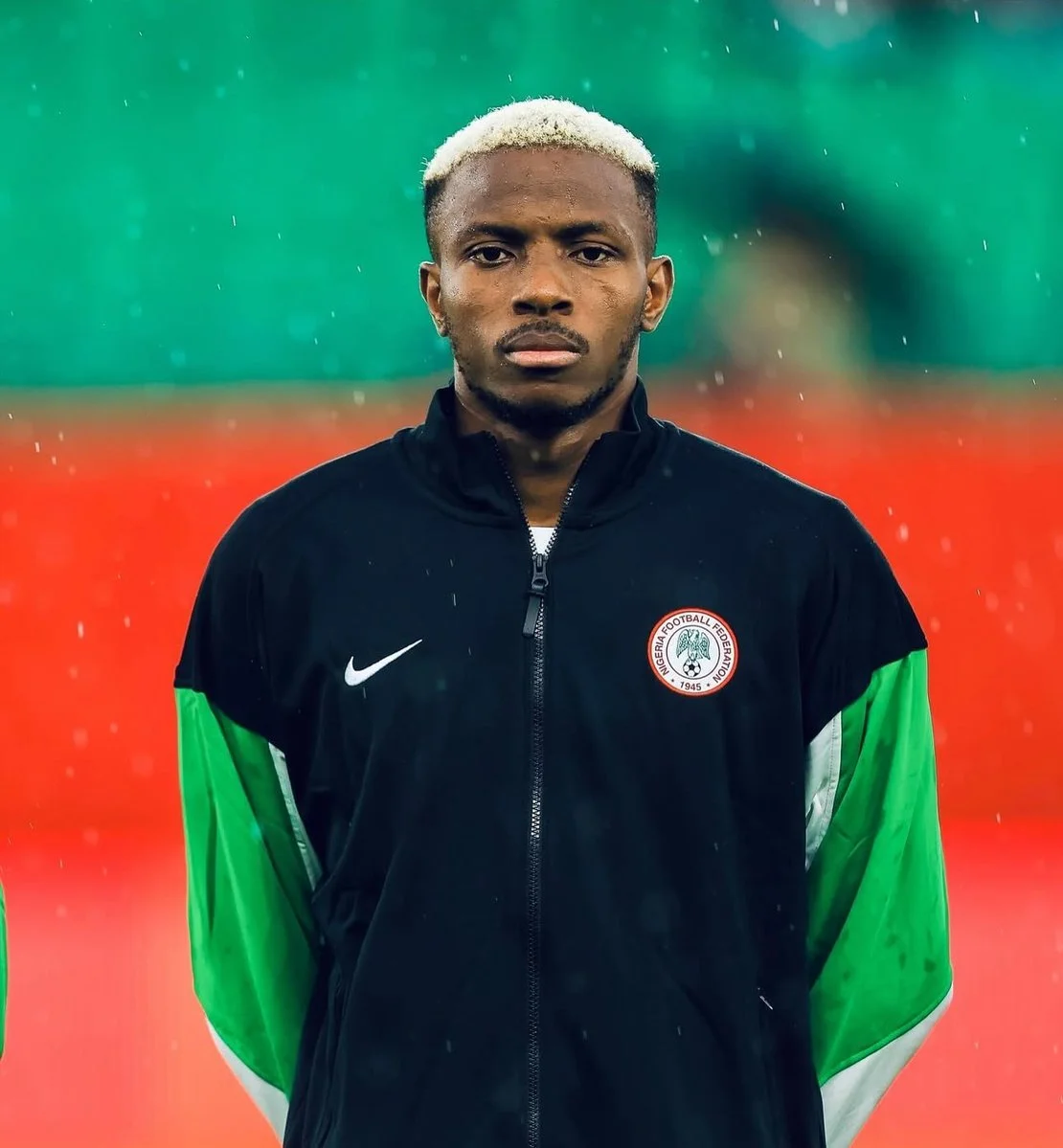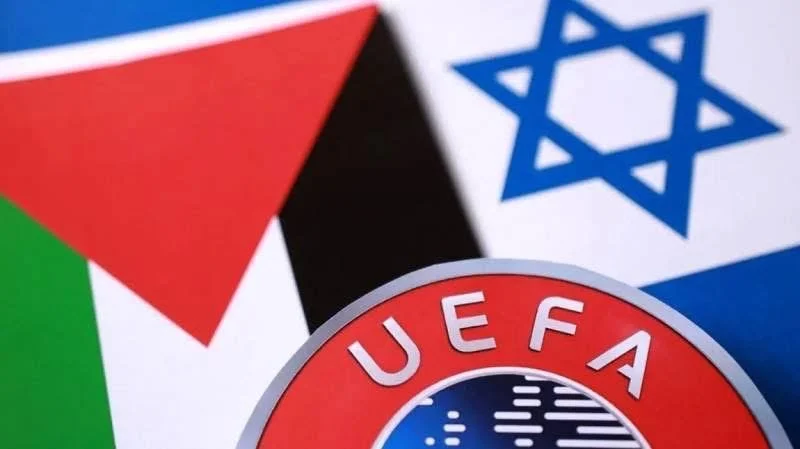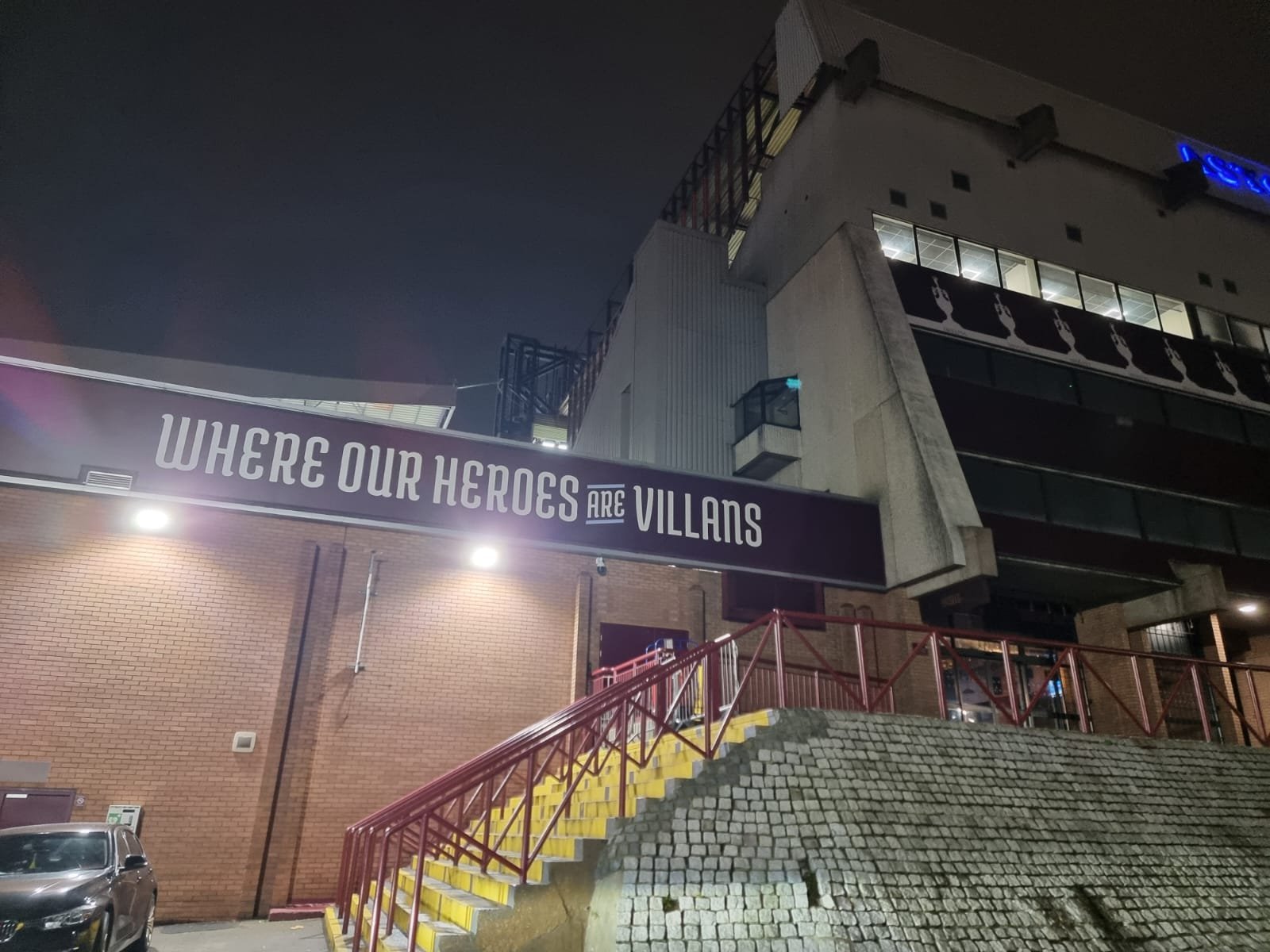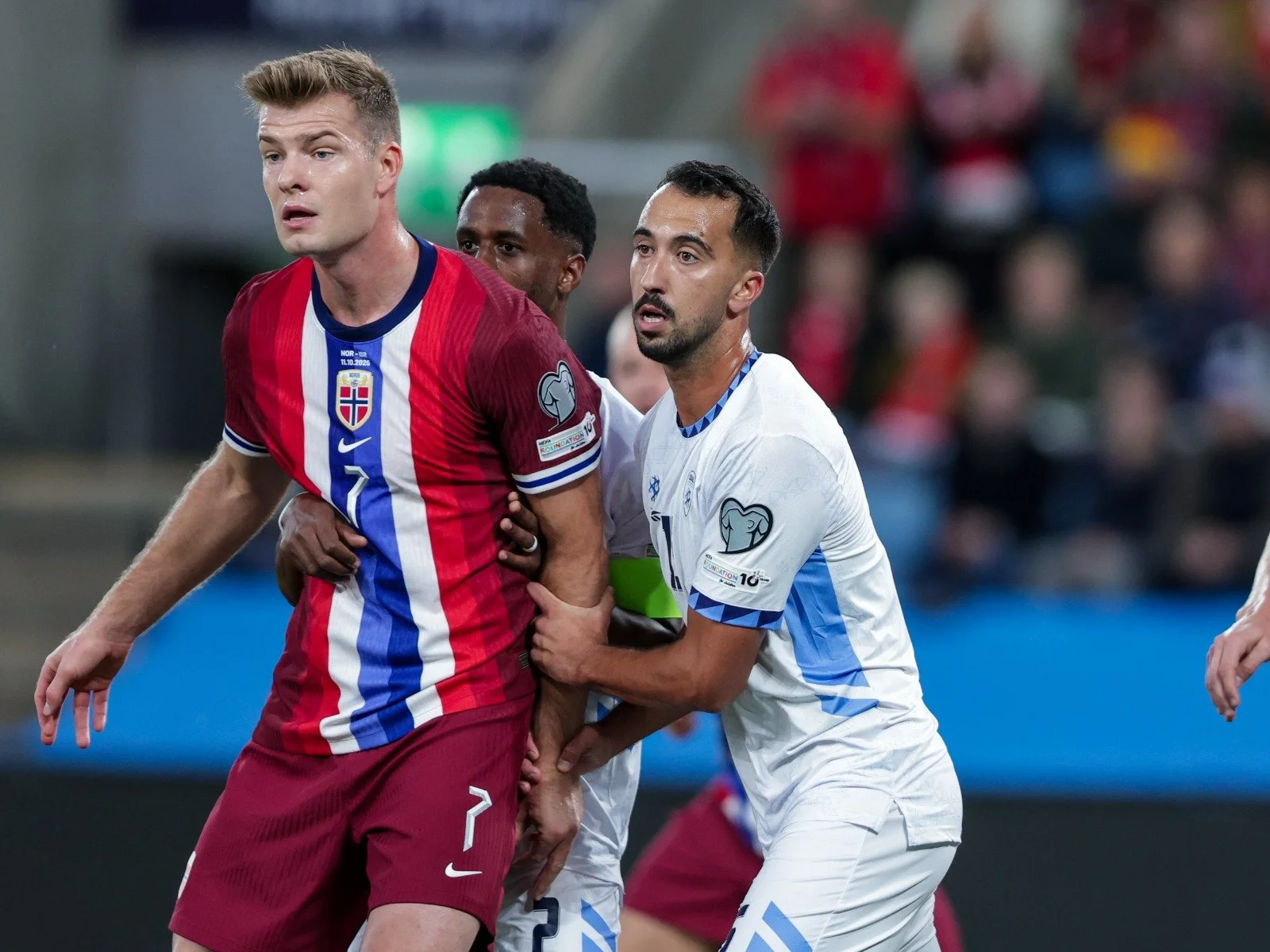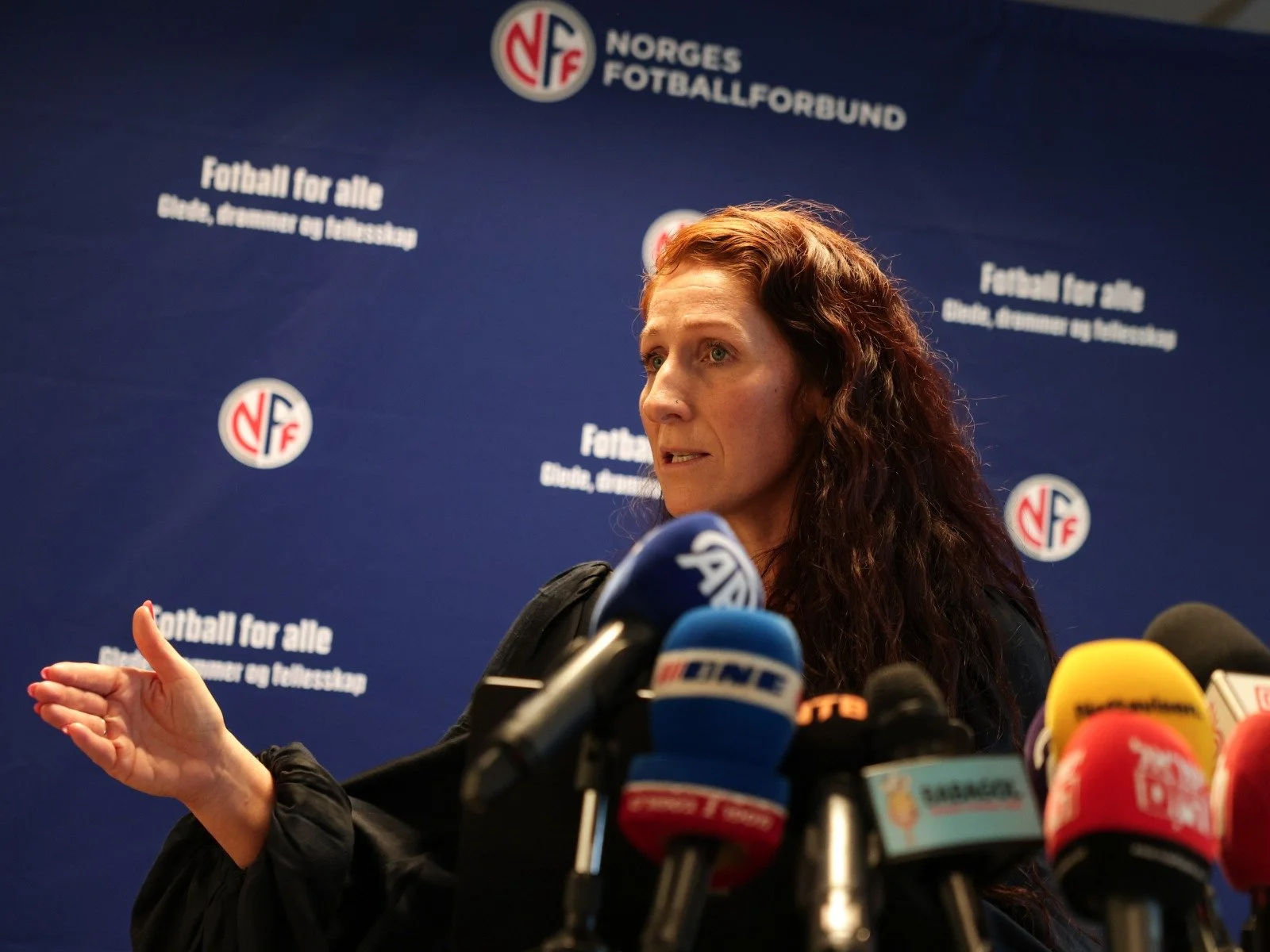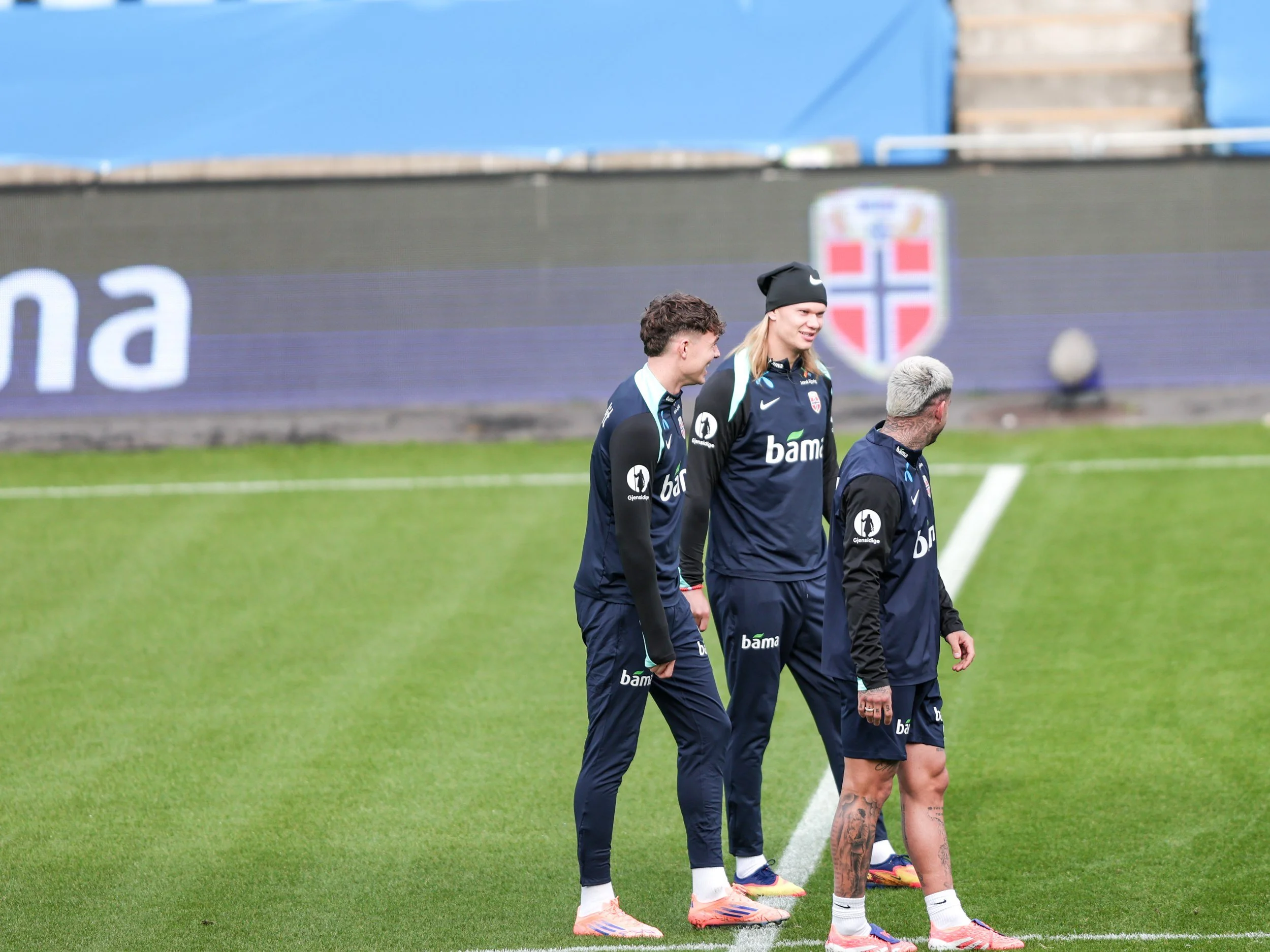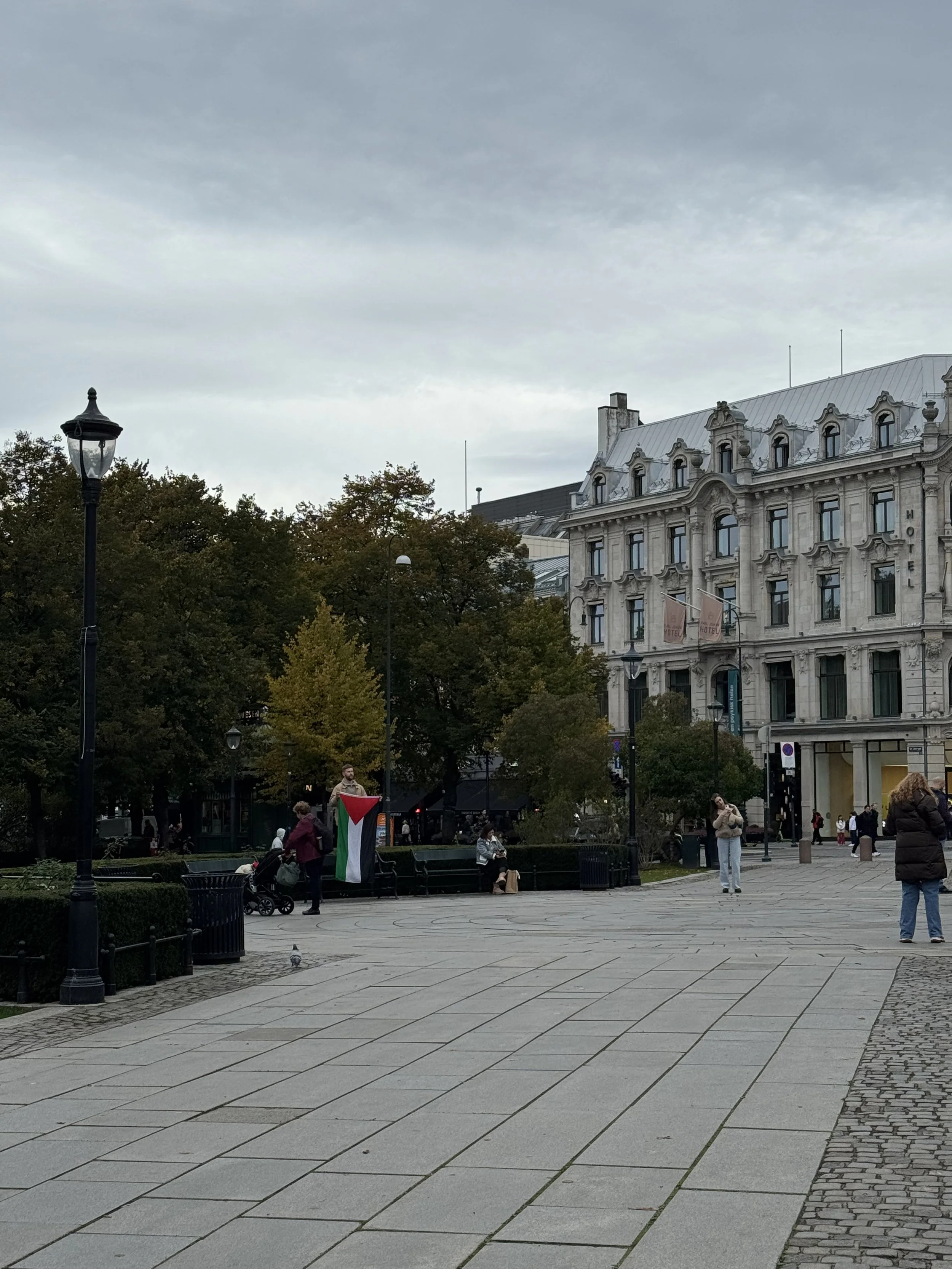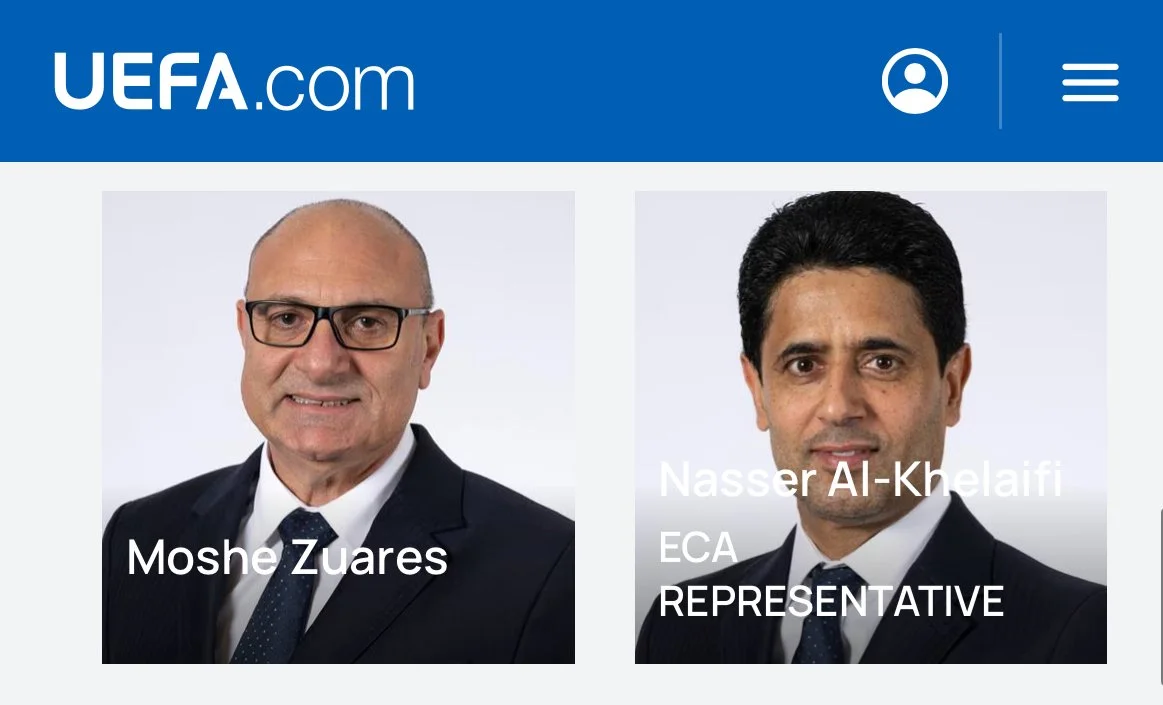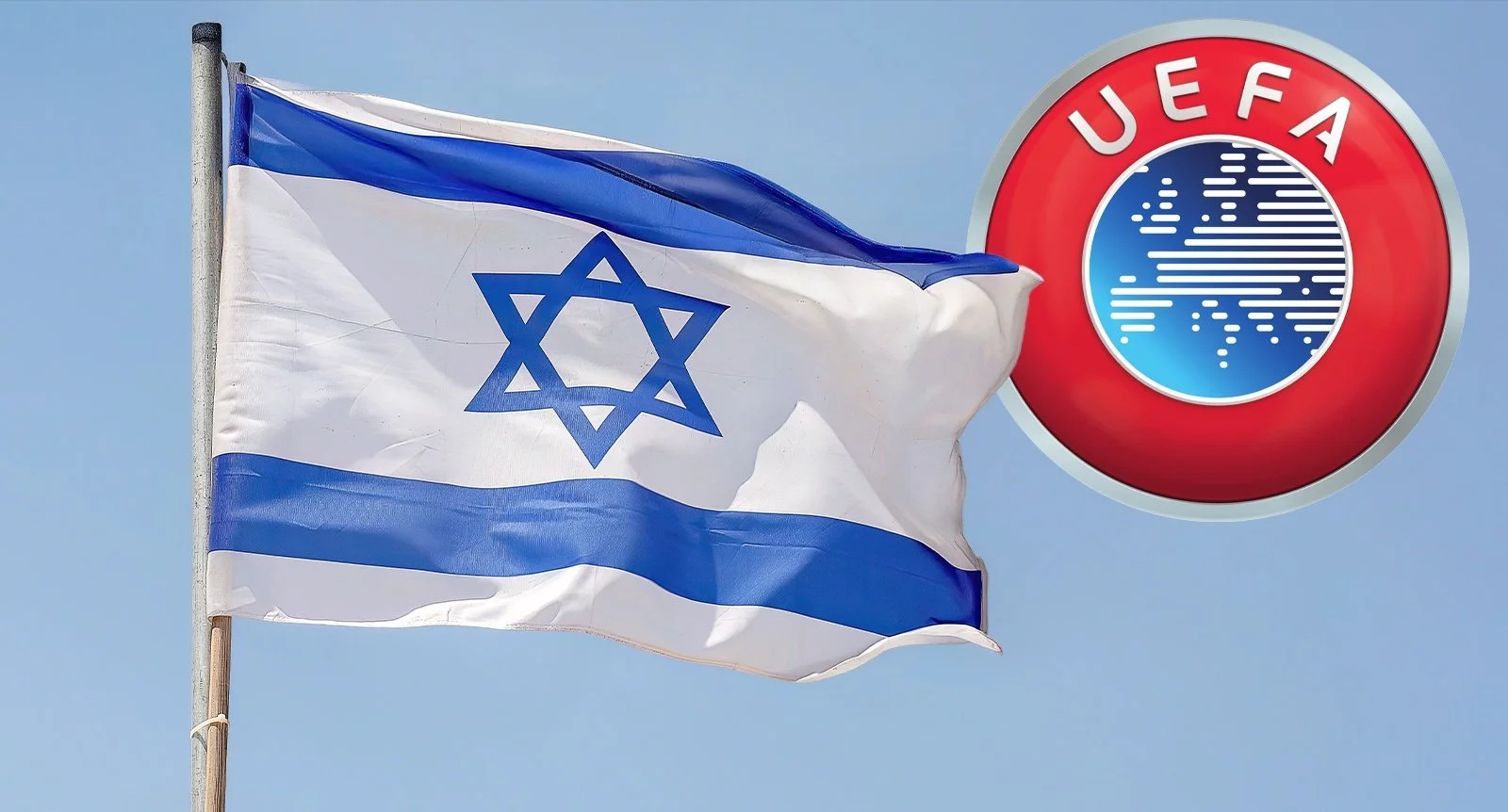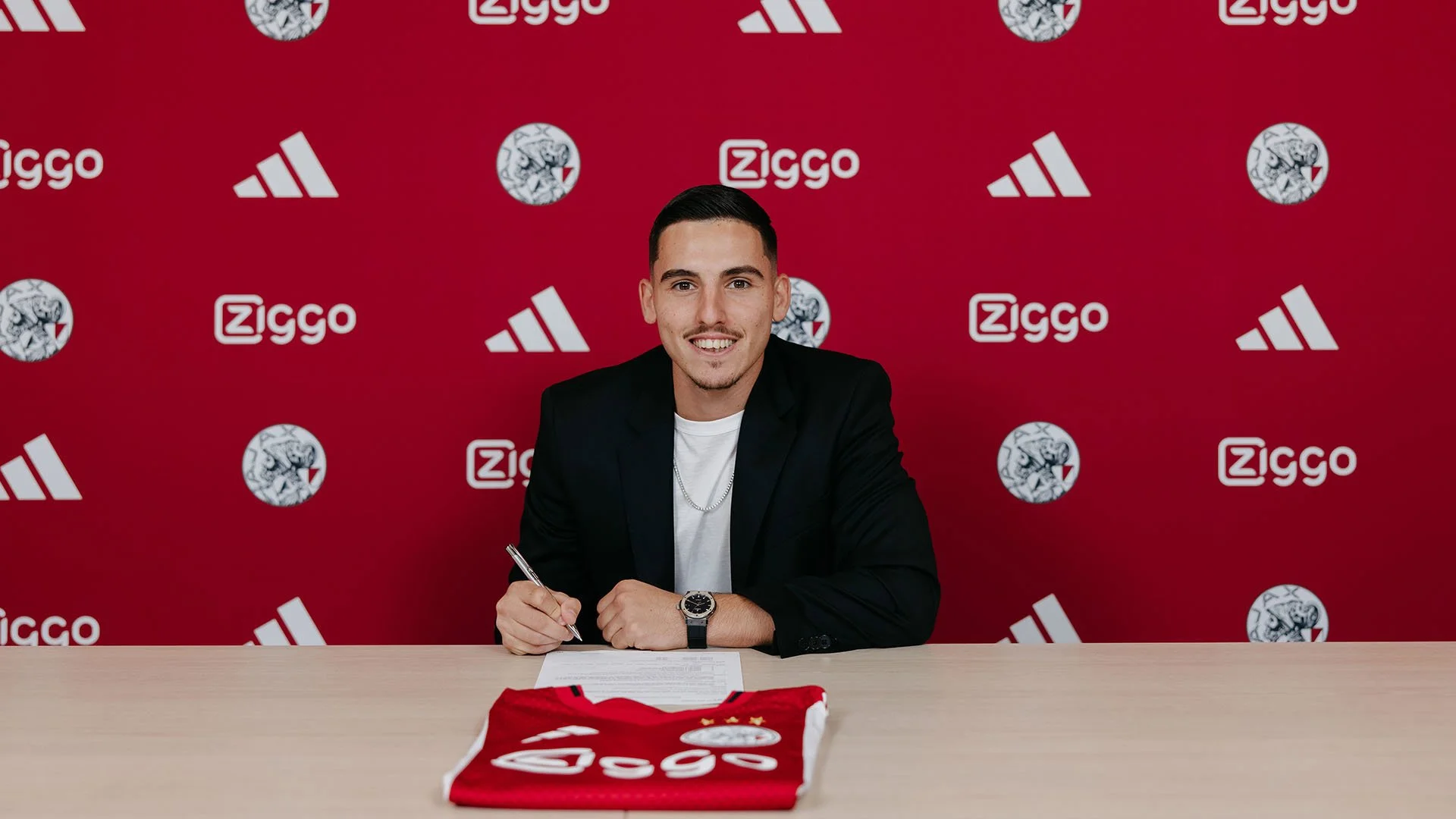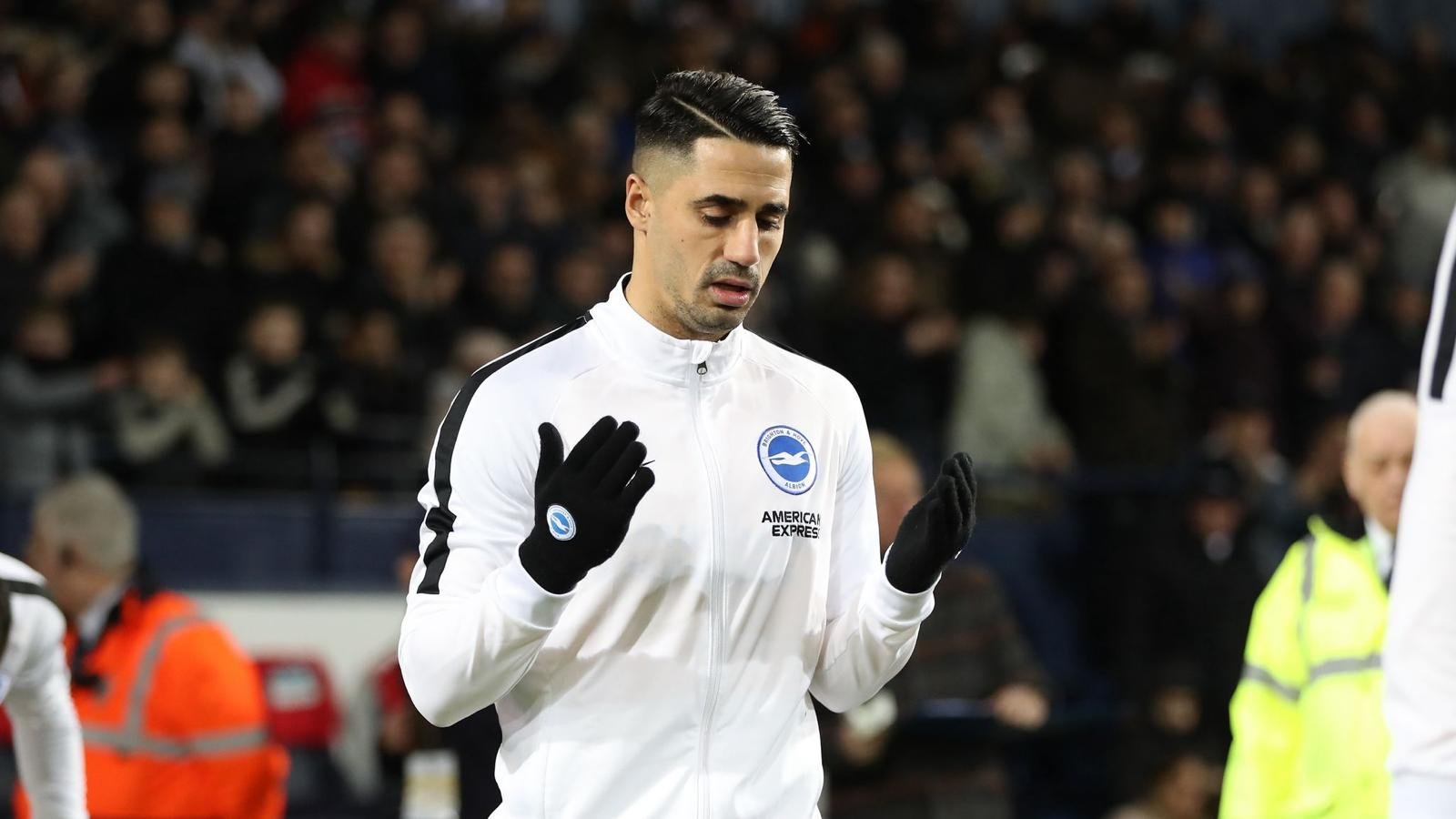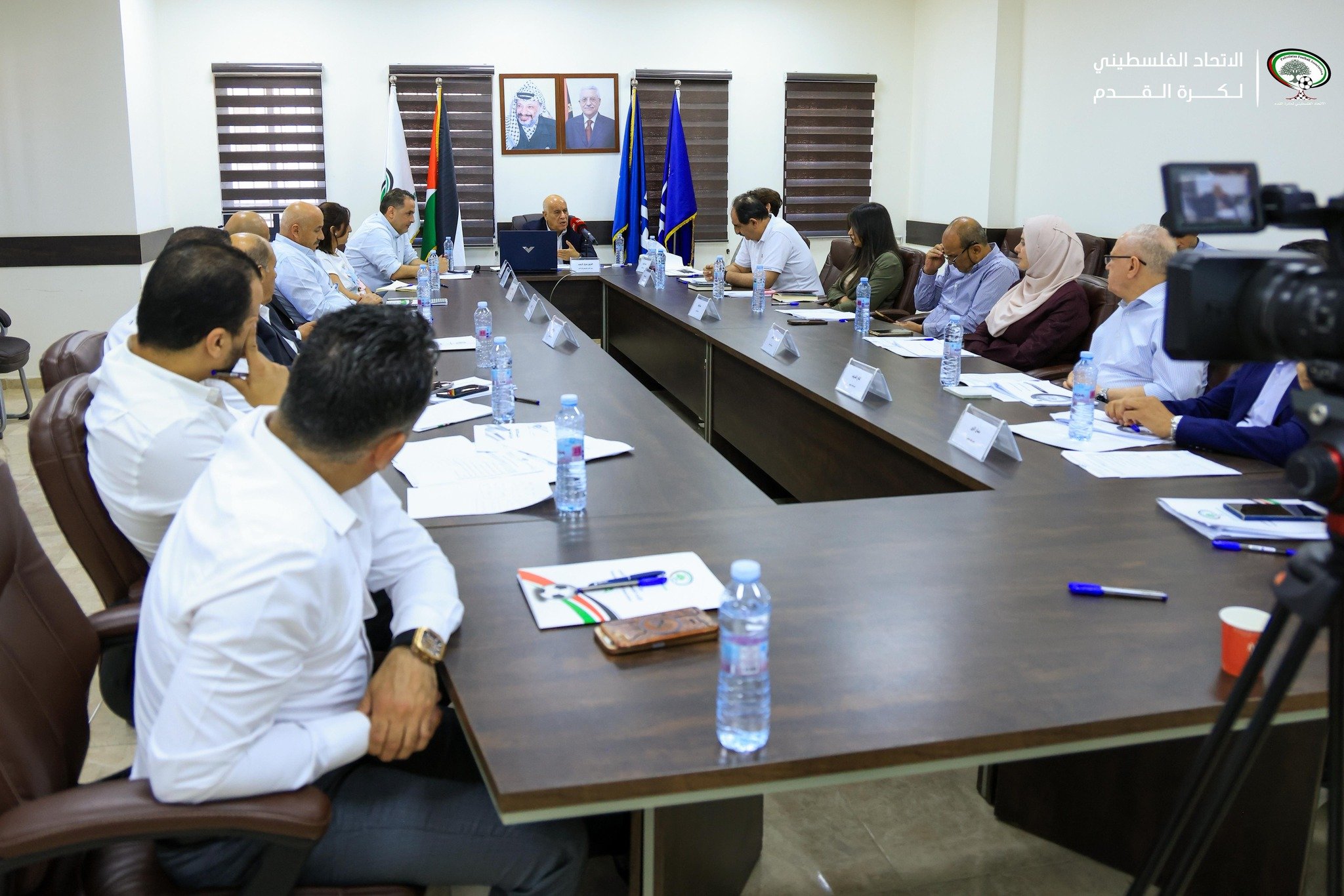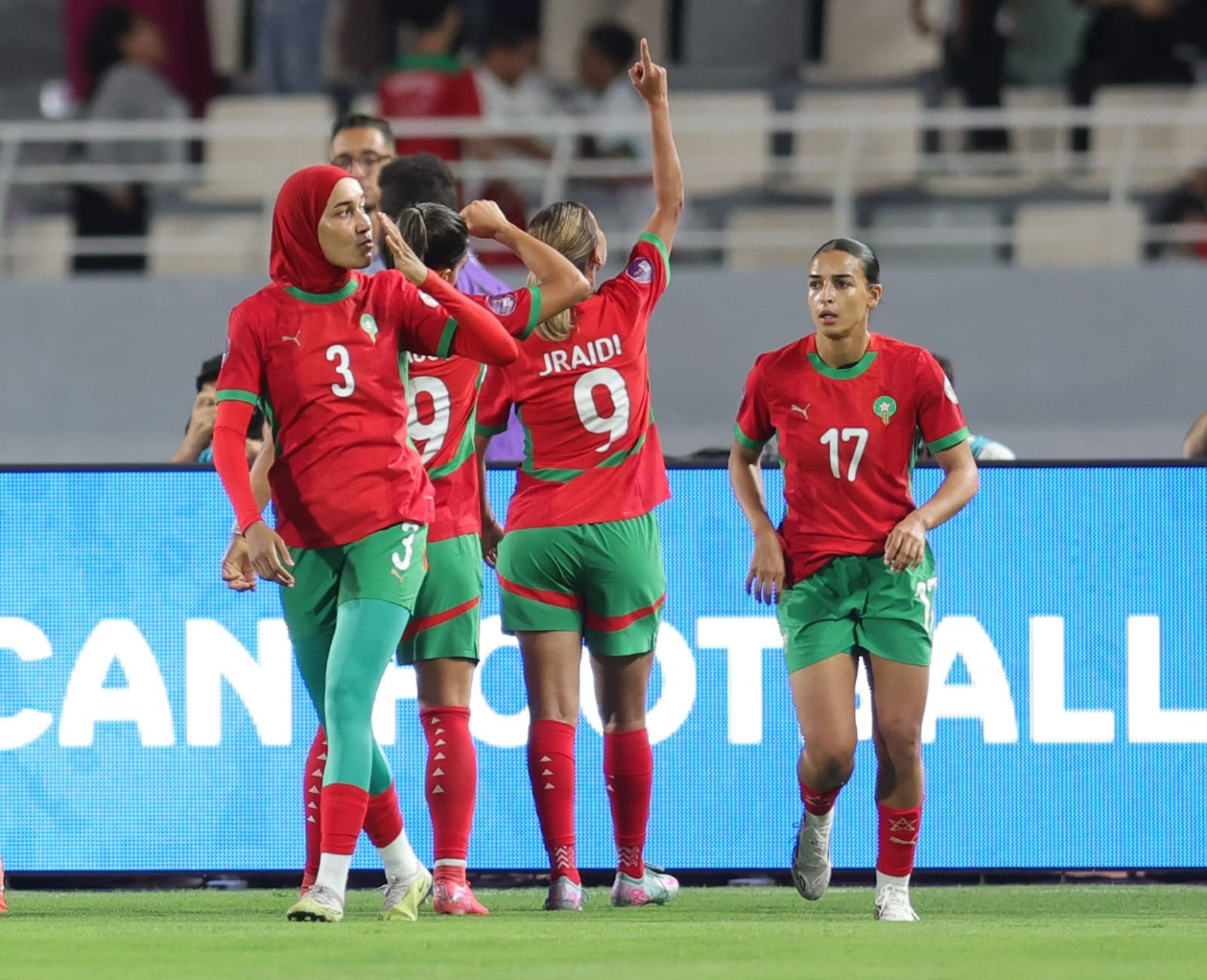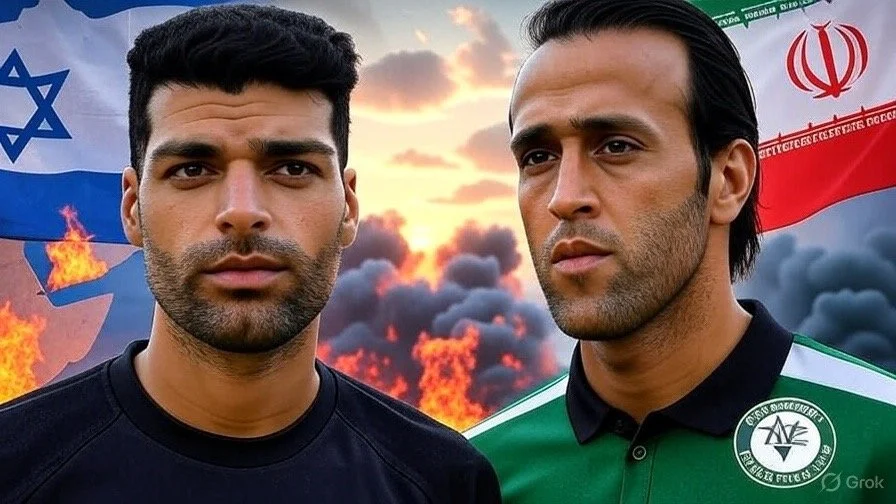Since October 7, there has been a war in the Middle East.
A war that has dramatically changed the lives of people living in the region. A war that has shook the world.
Since Hamas - the organisation that controls Gaza, classed by many countries across the world as terrorist - launched a brutal attack on Israeli civilians that morning, thousands in Israel have been killed or injured, and hundreds kidnapped or missing.
In response, Israel made a declaration of war on Hamas. In subsequent retaliatory strikes on Gaza, thousands of Gazans have been killed.
The football world hasn't remained silent.
Mohammed Salah, Riyad Mahrez, Hakim Ziyech, and many other Arab and Muslim footballers have shown solidarity with the Palestinians at different levels.
Fans of Scottish giants Celtic produced a display of Palestinian flags, as well as banners and pro-Hamas flags. One read: "From the river to the sea, Palestine will be free".
In Germany, Bundesliga clubs, in particular Werder Bremen and Dortmund, have shown support for Israel and the Jewish people, and echoed a call to bring back Israeli hostages.
The English Premier League has remained neutral in the conflict, officially expressing its concerns "for both sides".
It is almost impossible to think about football in Israel and the Palestinian Territories right now.
Death, uncertainty and fear are managing the show.
But at the same time, two fascinating football stories are emerging from the current situation.
Two stories of two national teams - Israel and Palestine - which are both about to face a series of crucial football games, while back at home people are dying.
Games moved and postponed
The Israeli national team's games against Switzerland (home) and Kosovo (away) were delayed and pushed a month back.
The Israeli league was put on hold too, with a slated return date of 25 November, with the National League scheduled to restart on the 17th.
Still, in war, nothing is inevitable.
As for the Israeli clubs that compete in Europe, Maccabi Haifa and Maccabi Tel Aviv returned to action only last Thursday, when they played some Europa League and Conference League clashes against Spanish-side Villarreal and Ukrainian-side Zorya Luhansk respectively.
Maccabi Tel Aviv travelled to Poland, where Ukrainian teams currently play their home games due to the Russia-Ukraine war, and won 3-1.
Meanwhile Haifa managed a respectable 2-1 loss in a home game played in Cyprus.
In Gaza and the West Bank, football is nowhere to be found
The destruction in the strip is acute. Without water, electricity and football stadiums still standing, it's difficult to imagine the Gaza Strip Premier League, returning anytime soon.
The West Bank Premier League is also fragile, with the area soaked into the bitter and complicated conflict.
The Palestine national team cancelled its participation at the Merdeka Cup in Bangladesh, and although Algeria offered to host the team for the Asian Qualifiers and fund their expenses, the AFC did not approve, and the World Cup home qualifier against Australia was moved to Kuwait.
As expected, the West Bank Premier League and the Gaza Strip Premier League have halted their activities due to the war.
This situation also influenced Jabal Mukaber's matches in the AFC Cup against Lebanese side Al Ahed - who themselves have close ties to another player in this war, Hezbollah - which were also delayed.
After a month without competitive football in both places, the Israeli national team and the Palestinian national team are heading into the November international break with war in the background and an evident mission: 'make your people happy during hard times'.
War ever-present in the Middle East’s footballing history
Emotional and inspiring football stories during wars aren't a new trend in the Middle East.
Stories have punctuated the region for some time, stories that reflect the intersection between nationalism, politics, geopolitics and the beautiful game.
Iraq won its only Asian Cup in 2007 during a severe civil war.
Syria almost qualified for the 2018 World Cup with the country broken to pieces as a resistance-movement were trying to topple the Bashar al Assad regime.
Yemen played the 2019 Asian Cup during a proxy-civil war of their own, between the Saudi-backed government in Aden and the Iranian-backed Houthis in Sanaa.
And Qatar won the same edition of that tournament while facing a political and financial blockade by other Gulf countries.
This Hamas-Israel War is producing two storylines that have the potential to join this lucrative exclusive list.
The first story is an Israeli one.
Hamas’s attack on the country has hit hard - with thousands killed, and hundreds missing or geld hostage.
Within all of this, the national team will attempt to qualify for its first-ever European championship, which will be held in Germany, of all places.
This fact adds more historical symbolism to the script as, a little less than 90 years ago, the Nazi regime in Germany systematically killed millions of European Jews.
Nowadays, a majority of Germans show their utmost support of Israel, and the country has played a key role in calling for the release of hostages.
If Israel were to qualify, a debut Euros in Germany would be a truly significant moment.
Meanwhile, the Palestine national team will play two 2026 World Cup qualifiers and prepare for its third Asian Cup berth.
Casualties are growing by-the-minute in Gaza as strikes intensify amid what has been termed as a ‘humanitarian catastrophe’ on the ground.
With East Jerusalem and the West Bank heating up in the background too, things could worsen still.
By the time the Asian Cup rolls round in January, who knows what the situation will be like.
Israel and Palestine prepare for the international break
On Sunday, the Israeli national team will kick off the last phase of its 2024 Euro Qualifiers campaign, with a hectic schedule of four games in nine days:
Kosovo (away) 12/11/23
Switzerland (home) 15/11/23
Romania (home) 18/11/23
Andorra (away) 21/11/23
The two ‘home’ games have been moved to the Pancho Arena in Hungary, since there’s an ongoing threat of Hamas rocket attacks in Israel.
Ahead of these games, there is a sense of excitement, commitment and hope ahead of this international break.
Since the start of the war there’s been both a wave of national unity, and internal tension between Jews and Arabs in Israel - including footballers.
After a few years away from the team, Maccabi Tel Aviv's Eran Zahavi, who retired from international football over disagreements with Yossi Benayoun - the national team's technical director - is back in the squad.
Before the war, Zahavi, arguably one of the most popular Israeli footballers, was in top form and led the goalscoring charts in the Israeli league.
His addition can help fix the team’s problem at the striker position.
"At times as such, we put everything else aside, and we focus on making the people happy, and writing history for Israel", Zahavi and Benayoun said in a mutual announcement.
This Israeli squad will include three Arab players: Mohammed Abu Fanni (Ferencvaros), Ramzi Safuri (Antalyaspor) and Anan Khalaili (Maccabi Haifa). An important thing to note given the increased tensions in the country.
"Israel must beat Romania and Andorra", says Yossi Medina, BabaGol's Israeli football expert.
"If they miss out on points in these two games, they'll have to get them against Kosovo and Switzerland, which will be a much harder task.”
On the other side of the conflict, Palestine has a World Cup qualifier against Lebanon on 16 November in Sharjah, in the United Arab Emirates.
From there, they will continue to Kuwait, for their home game against Australia on the 21st.
These matches will be good preparation for the Asian Cup that will take place in January in Qatar, where Palestine will face Iran, the UAE and Hong Kong in the group stage.
Before the war, there was a historic development in the Palestinian national team, as players from Israeli sides were called up for the first time.
Alaa a-Din Hassan of Bnei Sakhnin and Ameed Mahajne of Hapoel Umm al Fahm played in the September window. Along with Ataa Jaber (Neftchi Baku) and Rami Hamadeh (Jabal Mukaber), the squad is likely to include at least four Palestinian citizens of Israel.
The president of the Palestinian FA, Jibril Rajoub, has met the preliminary squad in their training camp in Jordan and urged players "to give their best in this difficult time”.
Rajoub called on them to appear in a way “worthy of the greatness of the Palestinian people and the size of the sacrifices they make", and to "make our people happy" in the coming games.
Troubled times ahead
Israel has a tremendous challenge ahead of them, trying to qualify for their first-ever Euros, after a month without a league match and with four games in 11 days.
They have a real chance to guarantee their spot in the 2024 Euro in Germany - a dream scenario given the history of these two countries.
Meanwhile, the Palestine national team has its ambition of qualifying for their first World Cup.
With the war not looking likely to end soon, they will likely head to Qatar for the Asian Cup during difficult circumstances.
If the team enjoys the same support the Palestinian cause did during the Qatar World Cup, it might produce its own Cinderella story, even by Middle Eastern standards.
These two storylines - Israeli and Palestinian - will prevail on the football field and, in any case, will serve to remind us how unimportant football can be in times as such as these.
Edited by Alex Smith


